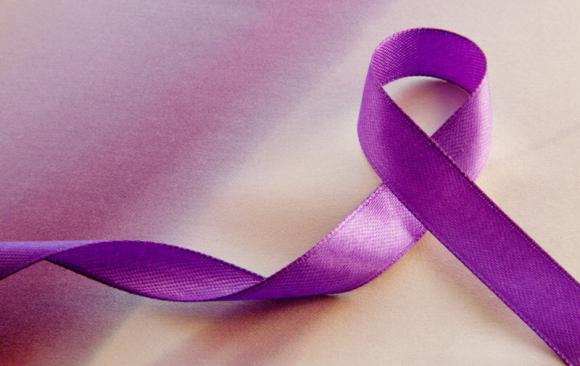


October is Domestic Violence Awareness Month. In New York, #DVAM 2020 is looking very different this year as a result of the COVID-19 pandemic. However, that isn't stopping NY State and NY City's domestic violence programs from creating virtual awareness and fundraising events that everyone can participate in safely from the comfort of their own homes. Since the onset of the pandemic, domestic violence programs have encountered many obstacles and challenges to transition remotely and they need more funding and resources to help support their work.
Physical abuse is probably what most people think of when they think about domestic violence, but it is just one of the many ways that your partner might try to gain power and control in your relationship. You may be a domestic violence victim if your current or former intimate partner does a variety of things to control you. This may happen very slowly, over a period of time. Or, it can happen very quickly after some sort of change in the relationship, such as marriage, divorce, pregnancy, moving in together or breaking up. Like many people, you may wonder if what is happening to you is domestic violence because your partner has never hit you.
These are some of the most common ways that abusers try to control their partners, but certainly not the only ones. If your partner does things that restrict your personal freedom or that make you afraid, you may be a victim of domestic violence.
You may also be victimized by a former partner, since they may know about and have access to your finances, your daily routines, your children, your online activity and passwords. This knowledge may allow them to threaten, control or stalk you even after the relationship has ended.
Millions of people are abused by their partners every year. But it is important to know that more resources are available now than ever before to help victims and their children.
Domestic violence and abuse can include:
• Someone in your life is experiencing domestic violence. You just don’t know it.
• Domestic violence is the third leading cause of homelessness among families and more than 80% of homeless mothers have experienced domestic violence.
• 42% of transgender people have experienced intimate partner violence.
• Domestic violence costs $8.3 billion in expenses annually.
• African American women are 2.5x more likely to experience domestic violence than women of other races.
• Women with disabilities are 40% more likely to experience intimate partner violence than women without disabilities.
• In 30-60% of families where adult domestic violence is present, child abuse is also present.
• Despite underreporting, domestic violence calls make up more than half of all calls to the police.
1-800-942-6906 or Text to 844.997.2121
NYC 24-Hour Domestic Violence Hotline: 1-800-621-HOPE
As an ally, you can provide information and resources to those in need. You can: share the state’s 24/7, free and confidential Domestic and Sexual Violence Hotline number (1-800-942-6906); believe a friend or loved one and listen without judgment; encourage workplaces to adopt a policy to improve protections for victims; and support local domestic violence programs. For more ideas about how to be an ally, check out our new Ally card, which you can download directly from NYS' website.
This Handbook is intended to provide an overview of the services available to victims of domestic violence in New York State. The information included outlines the dynamics of domestic violence, the legal rights to which victims of domestic violence are entitled in New York State, the accessibility of domestic violence services, and safety planning.
Visit the NYSCADV website calendar which contains virtual events hosted by domestic violence programs across NYS by clicking here. From virtual walk/runs to a virtual concert, our calendar has something for everyone.
Tweet to them @NYSOPDV for more info or show support.
In NYC Survivors of domestic violence may receive temporary housing, emergency shelter and supportive services for themselves and their children. All programs provide a safe environment as well as counseling, advocacy and referral services.
If you or someone you know is experiencing this kind of behavior from a partner, please call New York City's 24 hour Domestic Violence Hotline, 1-800-621-HOPE.
Barrier-Free Living (Disabled Clients): 212-533-4358
Find information on other city resources from the Mayor's Office to End Domestic and Gender Based Violence.